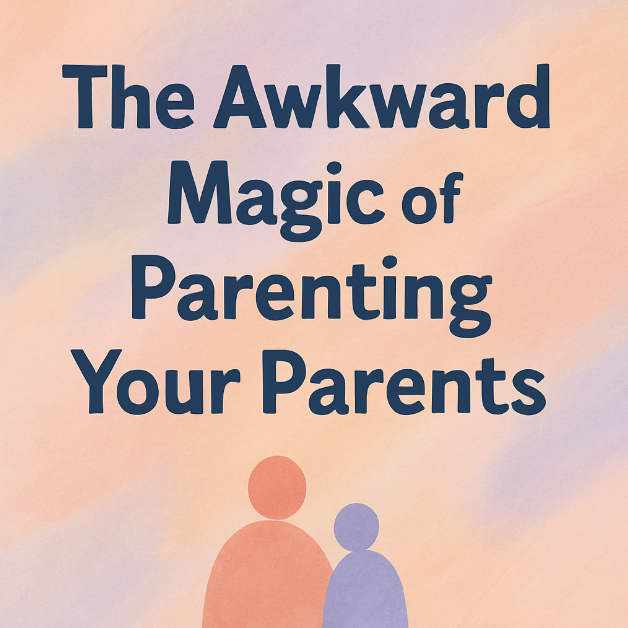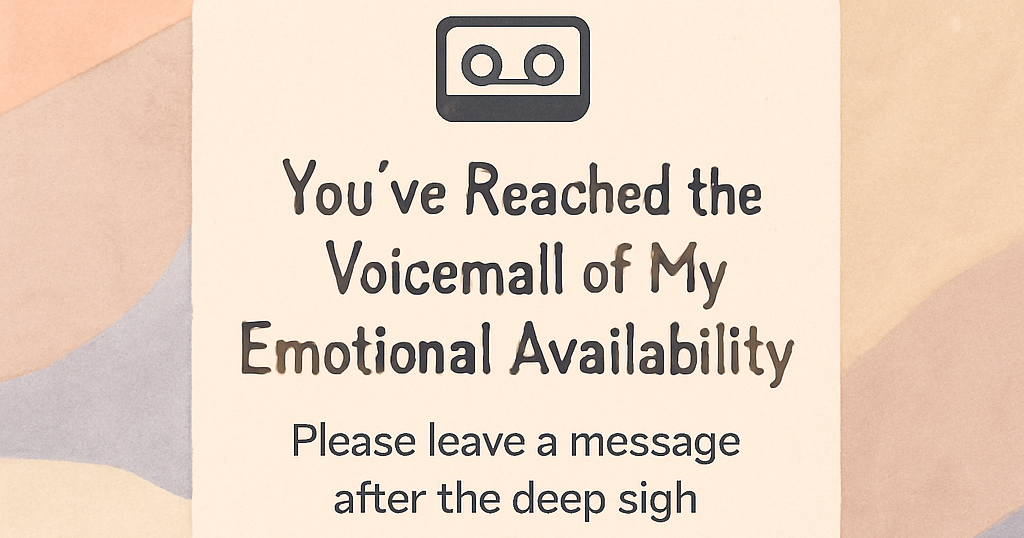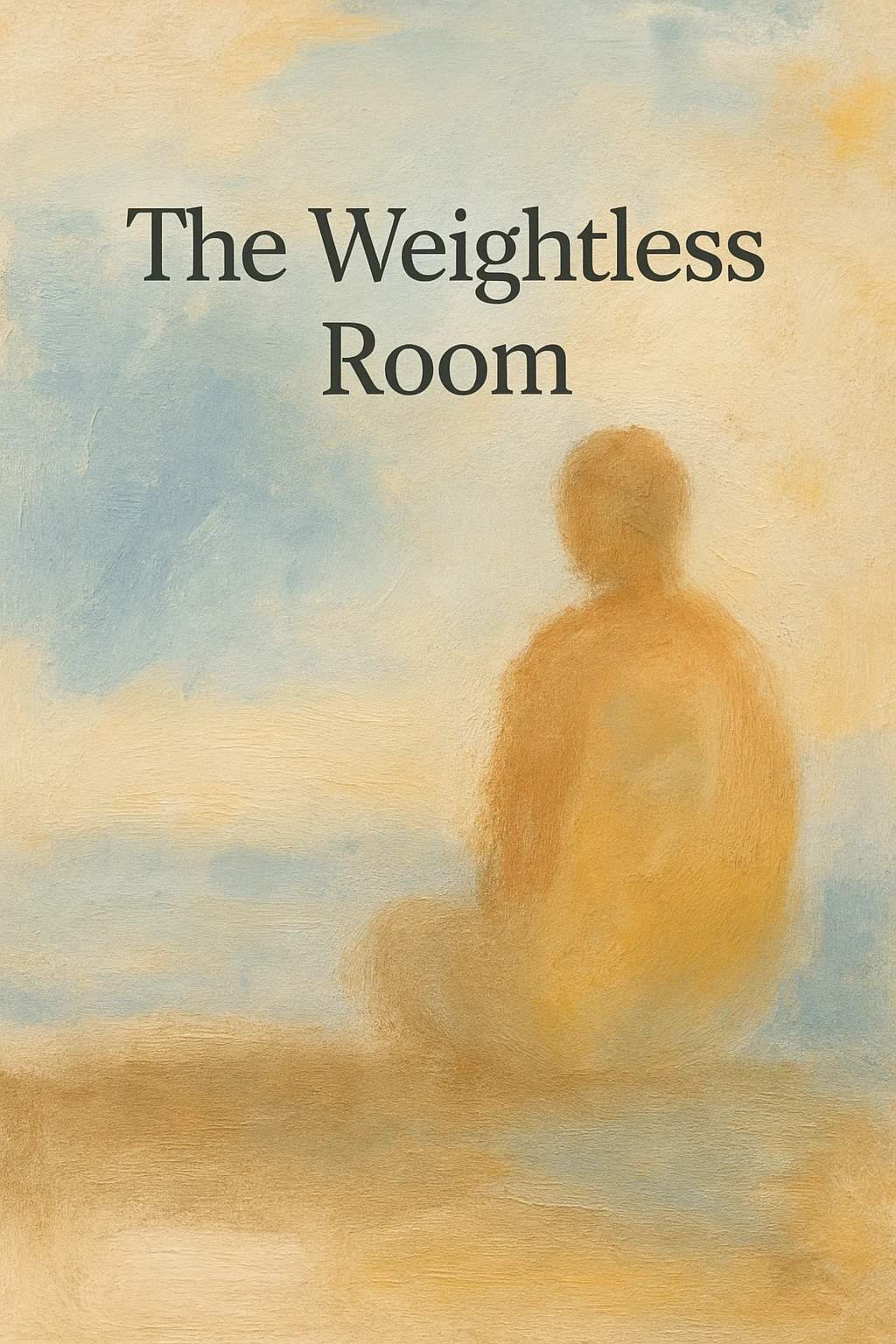Wait… They’re Just Figuring It Out Too?

The shift that no one prepares you for.
There’s a quiet moment in most adult lives when something inside you clicks — and you stop seeing your parents as just parents.
You start seeing them as people.
People with fears. People with dreams that were deferred. People who once made choices from desperation, not wisdom. People who weren’t handed a rulebook for parenting, but who raised you anyway — in the only way they knew.
And somehow, this realization is both freeing and heartbreaking.
The Myth of “They Know Everything”
When you were young, your parents were the sun.
They knew the answers. They set the rules. They could fix things — or at least tell you how to.
Then you grow up and suddenly — they hesitate.
You ask them how to deal with workplace anxiety or what to do about a crumbling relationship.
And instead of an answer, they say, “I don’t know, kanna. It’s up to you.”
It’s jarring.
Because you realize that half the time they were raising you, they were figuring things out in real-time.
The recipes they cooked, the values they taught, the discipline they enforced — all stitched together with uncertainty, exhaustion, and love.
The Guilt Layer
There’s a peculiar guilt that creeps in once you see your parents as people.
You start noticing their loneliness, the way they linger in a room a bit longer when you’re home, how they reread your WhatsApp messages because they miss you but don’t want to say it out loud.
You notice that your dad gets quieter as he ages.
That your mom repeats old stories — not because she forgot she told them, but because she’s afraid you did.
And you feel like you’re always falling short — not calling enough, not being patient enough, not being the child they hoped they raised.
But here’s the thing: they probably feel the same.
When They Start Leaning On You
The power balance shifts slowly.
They start asking you how to use apps.
They send you screenshots of error messages.
They come to you for financial decisions, health decisions, life decisions.
Sometimes, they stop hiding their stress.
Your strong, unshakeable parent suddenly breaks down over a medical bill or a comment from a relative.
And it shakes you — because no one told you that you’d have to grow into the role of being their anchor.
But you do.
And in that moment, you realize: love doesn’t always look like hugs and praise. Sometimes, it’s just showing up on a phone call when they need to vent — even if they don’t know how to say they’re hurting.
They Are Not Who You Remember
One of the hardest things to accept is that the version of your parents you knew as a child is gone.
They’re aging. Slowing down. Forgetting things.
Their world is shrinking as yours expands.
You’re flying cities and dreams — they’re circling routine and waiting.
And there’s a sadness in knowing that you can’t go back.
That the parent who used to walk faster than you now struggles to climb stairs.
That the mom who packed your lunch with handwritten notes now mixes up names.
But in place of that version, a new one stands:
One that needs you. One that listens more.
One that is sometimes insecure, but more open.
One who looks at you not as a child, but as a grown-up they’re proud of — even if they don’t always say it.
What Do You Do With This Awareness?
You forgive more.
You understand better.
You stop trying to change them — and instead start accepting the parts that you never understood as a kid.
You don’t have to agree with everything.
You don’t have to be the perfect child.
But maybe, every now and then, you could just call — not because you have something to say, but because they’ll remember that you did.
And if they talk about the weather for too long or ask if you’ve eaten for the fifth time, maybe, just maybe, it’s their way of saying, “I’m still trying to parent you in the only language I know.”


